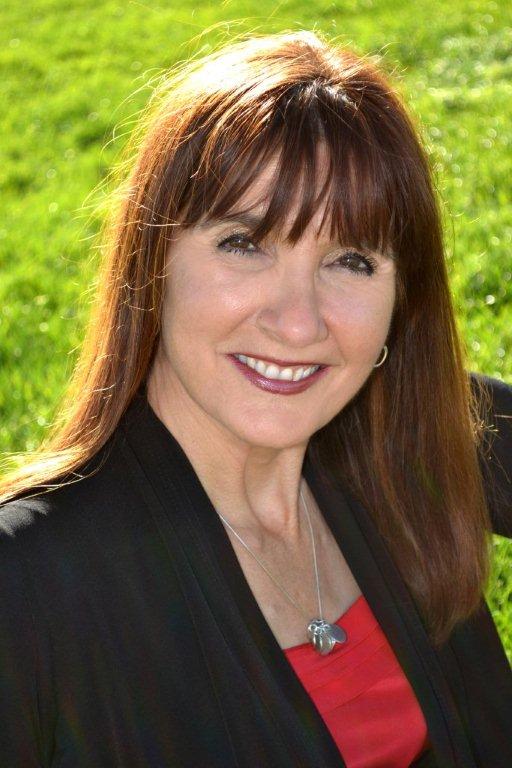Life coach and author Teri Mello explains the difference between having information and using it
It was during the aftermath of a painful marriage and divorce that Teri Mello began to understand her authentic self. She has used what she learned in coaching her clients.
“I took a Leading From Your Strengths profile,” she said. “Among other things, I discovered that my aggressive approach to problem solving was a gift from God.”
Previously, Teri had condemned that part of her nature as hard-hitting and forceful. She sought to bury it. Today she views that quality differently, describing herself as “bold.” Teri has come to embrace her intensity as part of her unique, God-given nature and now exercises it as a passionate speaker, life coach, and writer.
In other words, she applies it.
Information Versus Application
Self-understanding, Teri believes, is so powerful in relationships that it has become a cornerstone in her work as a life coach and a key principle in her book, Friendship-ing: A New Approach to Single Relationships.
Even so, “Nobody changes by reading a book or a report,” says Teri. “It is important to discover what you believe about what you are reading and then apply the information in your life.”
Understanding yourself by taking the profile so you have data from which to work is just the first step in building healthier relationships. Using the data from the profiles, and applying it, is what brings about life transformation.
Two Steps to Applying Your Profile Information
Whether you are a counselor, pastor, coach, or manager working with others to lead from their strengths – or if you are single or married and are using the profile to maximize your relationships – there are two steps to take when it comes to applying profile information.
- Embrace yourself. As you identify your strengths, you gain insight about why you do things the way you do. Rather than “boxing you in,” understanding your strengths allows you to experience freedom. “My journey has been one of learning to embrace my boldness,” says Teri. “Previously that quality was buried.” Understanding your differences allows you to value and validate yourself.
- Embrace others. As you embrace your uniqueness it becomes easier to accept and value uniqueness in others around you. People no longer need to be what you expect them to be, but rather who they truly are. By acting on that information, you validate those differences in others. The foundation of any relationship (old or new) is built on the solid ground of acceptance.
Applying Information Transforms Relationships
Many relationship struggles boil down to two people approaching simple tasks in completely different ways. Do they understand those differences? Can they learn to accept those differences?
Such was the case with Mike and Sue, a couple who came to Teri for coaching in the midst of a crisis. Sue, in her frustration with Mike, had had an affair. Yet both husband and wife wanted the marriage to succeed.
After working through the immediate crisis with Teri, Mike and Sue completed the Leading From Your Strengths profiles and discovered at least one significant difference: how they processed information. Sue expressed herself easily and energetically, often with vibrancy and spirit. Mike, however, was cool and detached. For several weeks the couple talked about these differences. The couple understood the two approaches and even accepted them as part of their uniqueness.
Yet communication stymied. When asked to share a thought, Mike’s regular response was, “I don’t know.” Frustration built in naturally sociable, optimistic Sue as she sought feedback from Mike, an objective, analytical realist. Mike, on the other hand, did not want to share information if it was not complete.
The breakthrough came when Mike agreed to avoid using the phrase, “I don’t know” – and when Sue agreed to accept whatever thoughts he shared. Mike began to offer bits of information even if he felt they were incomplete. Sue relaxed on pressing him. Soon, they were able to discuss ideas and goals at a deeper level. They went on to create individual and family purpose statements, eventually sharing those thoughts with their children as a foundation for healthy living.
Understanding themselves had been the first step for Mike and Sue – a good one. The next step meant using that content in their behaviors. Once Mike and Sue applied the information they learned about their differences and valued those differences, their marriage was transformed.
Validation: The Greatest Gift
Understanding how each person approaches a task is the first step to building a healthy relationship, but people make a turning point in their relationship when they use that information in how they interact.
“In working with other people, the greatest gift we can give them is to love who they are, not make them who we want them to be,” says Teri. “By validating and valuing their authentic person, we free them to use that information and thrive as themselves and in their relationships.”
More about how other ministries use Leading From Your Strengths profiles
Leadership: Building Up Leaders Down Under

